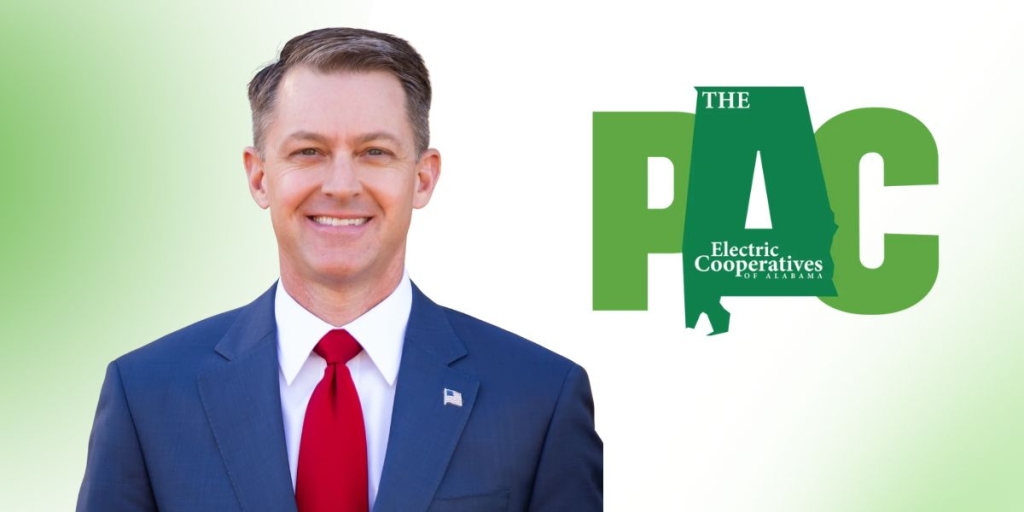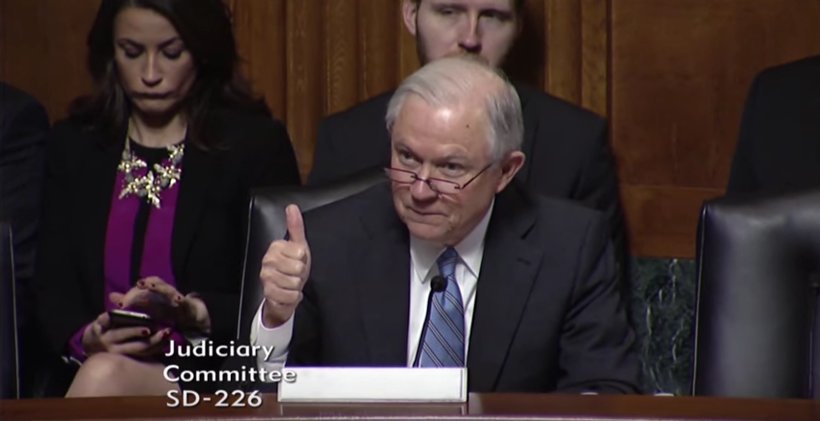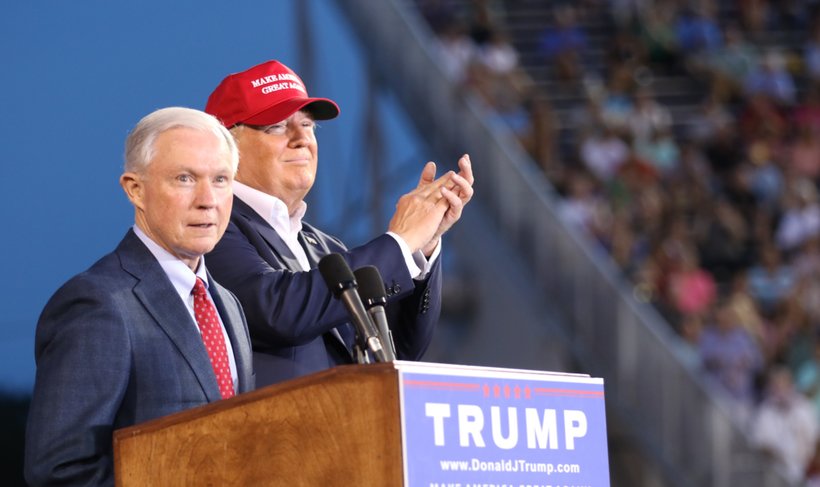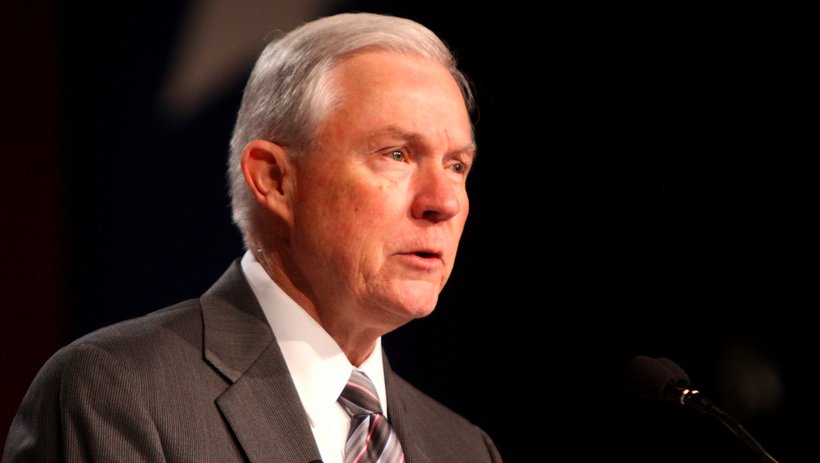
WASHINGTON — Senator Jeff Sessions (R-AL), Chairman of the Subcommittee on Immigration and the National Interest, blasted President Obama’s request for so-called “fast-track authority” to create a trade agreement with several Pacific countries, calling it a surrender of Congress’s authority.
The fast-track authority, called the Trade Promotion Authority (TPA), would allow any trade agreement coming out of negotiations with the other countries involved to be approved by a simple majority vote in Congress, instead of the usual two-thirds vote.
In a letter to President Obama, Sessions said that upon reading the agreement, which is currently not available to the public for scrutiny, it “more closely resembles a treaty than a trade deal.” This is problematic, Sessions wrote, because, “Congress would be pre-clearing a political and economic union before a word of that arrangement has been made available to a single private citizen.”
“Reviewing the secret text, plus the secret guidance document that accompanies it, reveals that this new transnational commission—chartered with a “Living Agreement” clause—would have the authority to amend the agreement after its adoption, to add new members, and to issue regulations impacting labor, immigration, environmental, and commercial policy,” Sessions wrote. “Under this new commission, the Sultan of Brunei would have an equal vote to that of the United States.”
Sen. Sessions has long warned the changes made to immigration policy under President Obama would lead to a decrease in Congress’s authority to regulate immigration and naturalization, and cause Americans to lose jobs to foreign workers—particularly those in the country through the controversial H1-B visa program.
In his letter to the President, Sessions reiterates it is Congress’s job to regulate trade agreements, and the country would not be served by the legislative body ceding that power to the Executive branch, highlighting the secrecy surrounding the proposed agreement once more.
“The implications of this new Pacific Union are extraordinary and ought to be discussed in full, in public, before Congress even contemplates fast-tracking its creation and pre-surrendering its power to apply the constitutional two-thirds treaty vote,” he wrote. “In effect, to adopt fast-track is to agree to remove the constitutional protections against the creation of global governance structures before those structures are even made public.”
While there is currently no vote scheduled in either house of Congress for the fast-track authority, GOP leadership has signaled they will make a final decision sometime this week.
Like this article? Hate it? Follow me and let me know how you feel on Twitter!
— Elizabeth BeShears (@LizEBeesh) January 21, 2015











